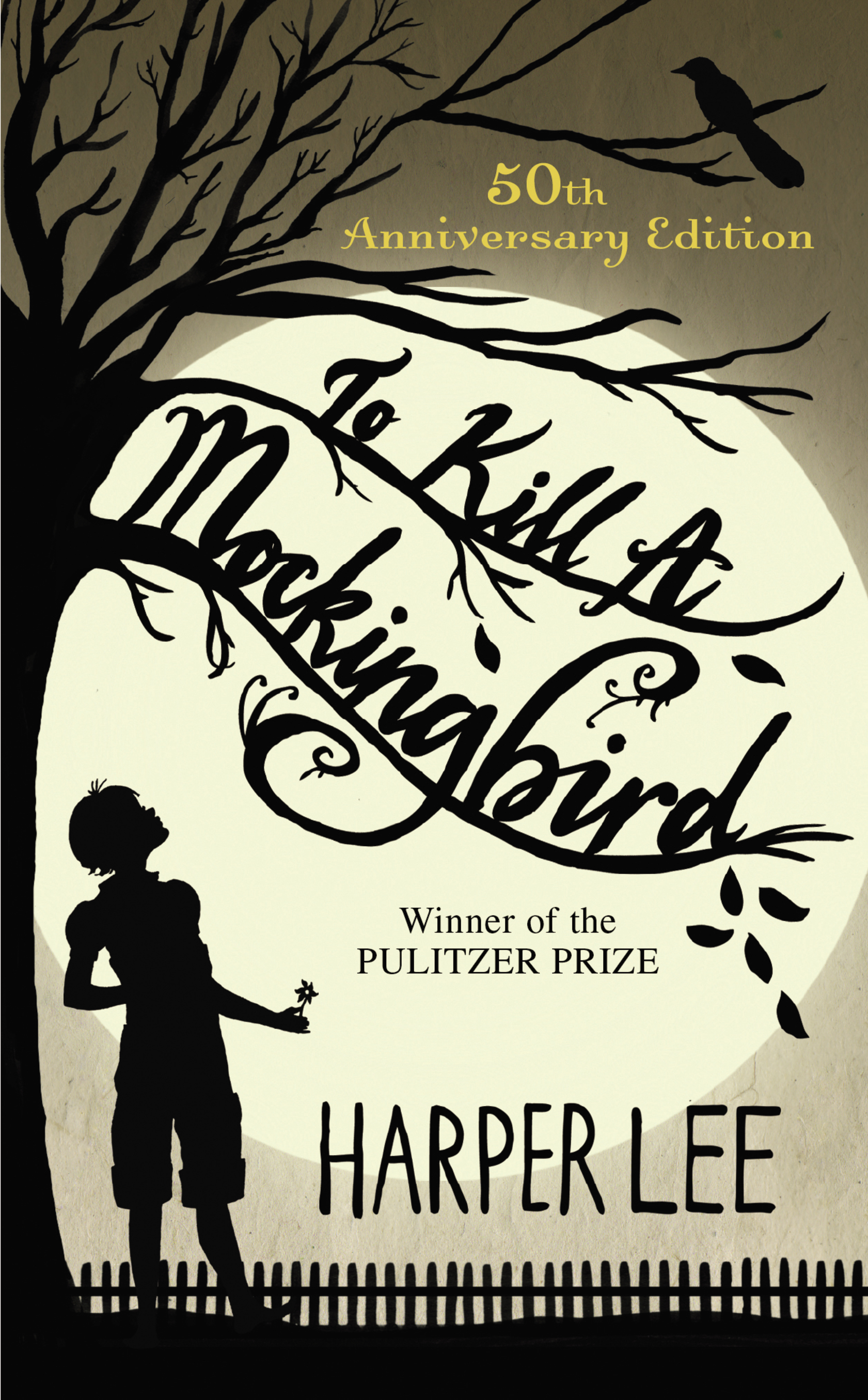
TOM BROKAW: It was one of those memorable pieces of literary fiction that came along at an impressionable time in my life, and also in the country’s life. Dr. King had already started the movement at that point, we were paying attention on national television every night on the network news to what was going on in the South, and this book spoke to us. I knew people like that, who were willing to stand up in these kinds of communities against the conventional wisdom of the time. Racism didn’t stop at the Mason-Dixon Line. A lot of those same attitudes were in the communities where I lived, way north, on the Great Plains. And yet there were brave people, men and women, who would speak out against them, in churches, in the business community, or wherever. But for Harper Lee to be there in the epicenter, if you will, of all this, to be so eloquent in how she described it, it shows such great courage in how she describes it. She was in that pantheon, I think, of people who helped us get liberated from racism in this country. I’ve been doing some work on the anniversary of Dr. King’s death, and one of the most telling lines that I hear from early pioneers in the movement is: “We had liberated not just black people, we liberated white people.” I think that Harper Lee helped liberate white people with that book. MORE
